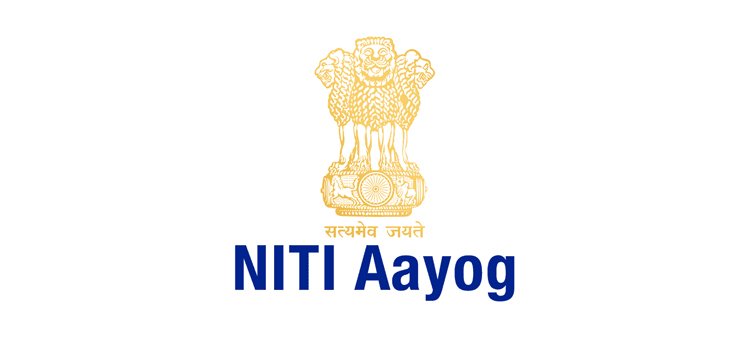MONEY
SEBI’s recent measures take another giant leap in reinforcing a robust capital market
- IBJ Bureau
- Jun 29, 2025

There was a surge of reforms at the last month’s board meeting of the Securities and Exchange Board of India (SEBI). The markets regulator unveiled multiple measures to improve investors’ participation, streamline regulations and foster growth of startups. The overriding theme of all these measures is a move to ease norms and recharge both primary and secondary markets. The SEBI board’s latest decisions, in fact, clearly reflect the regulator’s intention to ease the processes and woo many more investors.
Among the most significant measures is the one related to employees’ stock options (ESOPs). The SEBI has reversed the earlier regulation that did not allow startup founders – who are considered as promoters – to hold ESOPs at the time when their startups tapped the market through an initial public offer (IPO).
Under the new rule, founders can now hold or exercise ESOPs after going public. The only condition is that the stock options must be granted at least one year prior to filing the IPO papers. The ESOP grants must also be transparently disclosed in the IPO document. The regulator’s measure is a part of a broader push to enhance ease of doing business and improve flexibility in public listings.
Until now, regulations made no distinction between traditional promoters and startup founders, barring both from holding stock options. This created complications for tech startups, where founders often take on low salaries, endure multiple rounds of dilution and rely on ESOPs as deferred compensation. The new ESOP norms go a long way in encouraging more startups to list. These measures are also expected to spur companies to undertake reverse-flipping – shifting the country of incorporation from a foreign jurisdiction to India – and list on Indian stock exchanges.
The SEBI board meeting – the second one to be presided over by Chairman Tuhin Kanta Pandey – approved a framework for voluntary delisting of public sector undertakings (PSUs) with 90 per cent or more of government holding at a fixed price. The move eliminates the requirement of approval by two-thirds of public shareholders of State-owned companies for delisting. With the government maintaining controlling interests in many PSUs, the changes are expected to accelerate its divestment plans. The new framework could expedite the government’s exit in PSUs and improve the efficiency of the disinvestment process.
Besides, foreign portfolio investors (FPIs) have a lot to cheer in the SEBI’s recent decisions. The regulator has simplified registration and compliance requirements for FPIs investing solely in government securities (G-Sec). The measure is a part of a larger strategy, aimed at making India’s capital markets more appealing to conservative, long-term international investors seeking stable returns. The SEBI wants to facilitate more foreign investments in G-Sec after India’s inclusion in two global bond indices – JP Morgan Global Emerging Markets Bond Index and Bloomberg EM Local Currency Government Index.
Alternative investment funds (AIFs) have got a big boost too, with the SEBI permitting them to offer co-investment opportunities through separate vehicles. The separate vehicles or specially structured co-investment vehicles (CIVs) will operate as independent schemes under the umbrella of AIFs, offering greater structural flexibility. The move will enable institutional investors to make additional targeted investments in these CIVs, which can deploy these funds across various sectors of the economy. In the past few years, true to their name, AIFs have turned out to be alternative financiers across sectors, providing a major leg-up to economic growth.
Ever since Mr Pandey took over as the SEBI chief, there have been concerted efforts to improve ease of doing business, enhance investors’ confidence and boost market participation. The SEBI’s recent measures take another giant leap in reinforcing a robust capital market.




















Report By
View Reporter News